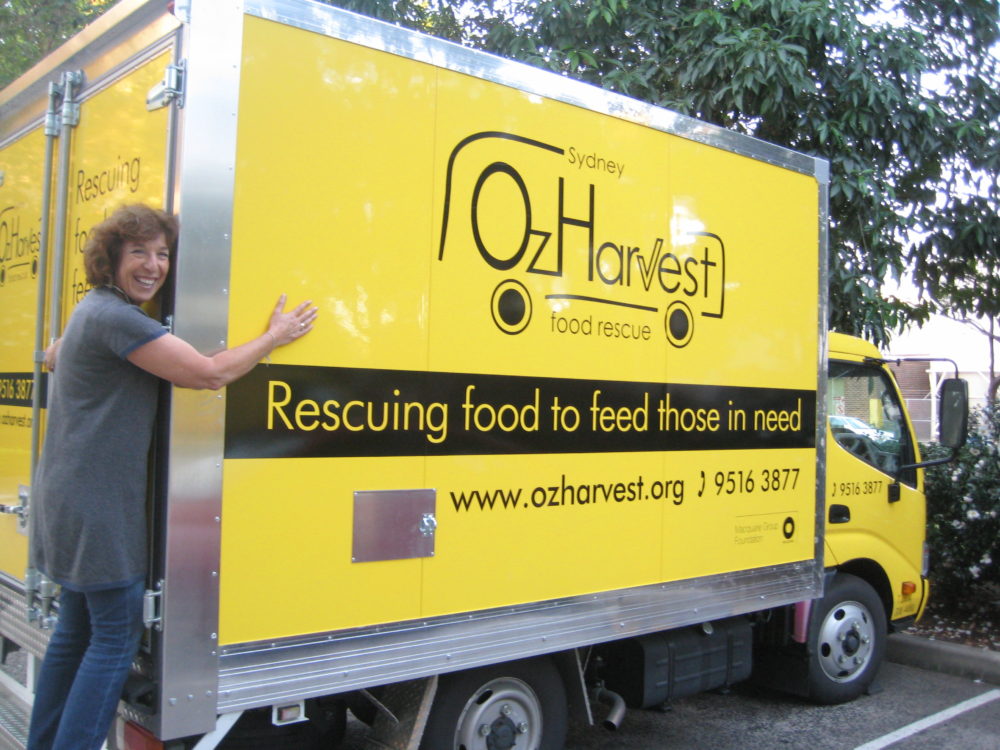By Neena Bhandari
Sydney, 19.08.2010 (IPS): Australia’s foreign aid budget is likely to double by 2015, but civil society groups say this is far from enough if it is to keep to its “fair share” of commitments to poorer countries.
In fact, they would like the government – including a new one that may come after the Aug. 21 polls – to commit not only to meeting the yardstick of aid funds reaching 0.7 percent of Gross National Income (GNI) but to having better- quality official development assistance.
The 72-member Australian Council for International Development (ACFID), an independent association of Australian non-profit aid organisations, is spearheading calls for political parties to commit Australia to playing its full part in helping poorer countries achieve the Millennium Development Goals (MDGs), a set of development targets from maternal mortality to education that the world’s governments pledged to meet by 2015. Continue reading

